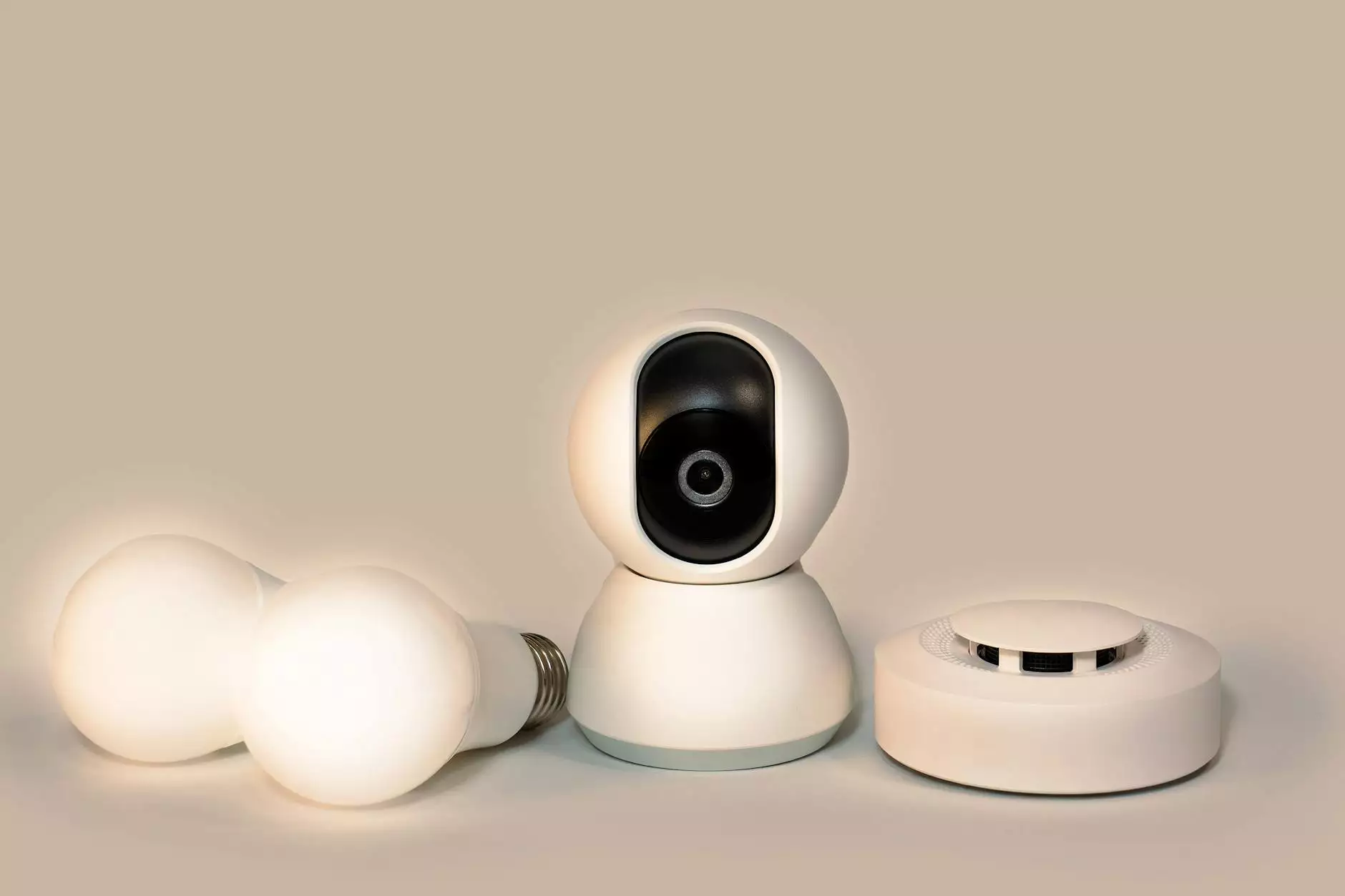Exploring Water Treatment Products: Comprehensive Solutions for Purification

Water treatment products play a crucial role in ensuring that our drinking water is safe, clean, and free from contaminants. In an age where water pollution and scarcity are significant concerns, it becomes imperative to invest in effective purification solutions. Whether you are a homeowner looking to improve your water quality or a business seeking to maintain compliance with health regulations, understanding the various options available can help you make informed decisions.
The Importance of Water Purification
Water is essential for life, but not all water is suitable for consumption. Contaminated water can lead to serious health issues, including gastrointestinal diseases, reproductive problems, and neurological disorders. Therefore, ensuring that water is treated and purified is not just a choice; it is a necessity. Here are some reasons why water purification is critical:
- Health and Safety: Purified water eliminates harmful microorganisms and chemicals, reducing the risks of waterborne diseases.
- Improved Taste and Odor: Removing contaminants improves the taste and smell of water, making it more enjoyable for consumption.
- Environmental Protection: Proper treatment of water helps protect ecosystems and preserves the environment.
- Compliance with Regulations: Many regions have strict regulations regarding water quality; using proper water treatment products ensures compliance.
Types of Water Treatment Products
The market for water treatment products is diverse, encompassing various technologies and solutions. Below are some of the most common types:
1. Water Purification Systems
Homeowners and businesses alike can benefit from installing water purification systems. These systems often utilize one or multiple methods to ensure the water is safe for consumption:
- Reverse Osmosis (RO) Systems: A popular choice that employs a semi-permeable membrane to remove impurities.
- Ultraviolet (UV) Filters: Utilize UV light to kill bacteria and viruses without adding chemicals to the water.
- Activated Carbon Filters: Effective in removing chlorine, sediment, and volatile organic compounds (VOCs).
2. Water Softeners
Water softeners are essential for households with hard water, which contains high levels of minerals like calcium and magnesium. These minerals can cause scale buildup in pipes and appliances, leading to costly repairs. Water softeners work by:
- Exchanging calcium and magnesium ions with sodium ions to reduce hardness.
- Improving laundry outcomes and extending the lifespan of appliances.
3. Disinfectants
Disinfectants play a vital role in water treatment by eliminating harmful microorganisms. Here are common types:
- Chlorine: Widely used in municipal water systems to ensure water is free from pathogens.
- Ozone: A powerful oxidizing agent that can disinfect water and break down organic pollutants.
- Bromine: Often used in hot tubs and swimming pools for disinfection.
Choosing the Right Water Treatment Product
Selecting the appropriate water treatment products depends on several factors, including:
1. Water Quality Testing
Before investing in any water treatment solution, it's crucial to conduct a thorough water quality test. This helps identify contaminants and their concentrations, guiding you on what type of treatment is necessary.
2. Volume of Water
Consider the volume of water that needs treatment. Residential systems may differ significantly from commercial products in terms of capacity and processing speed.
3. Budget and Cost-effectiveness
Evaluate your budget and look for solutions that offer long-term savings. While some products may have a higher upfront cost, their efficiency can result in lower operational expenses over time.
4. Maintenance Requirements
Every water treatment system requires maintenance. Choose a product that fits your lifestyle and the amount of upkeep you're willing to commit to.
Working with Water Suppliers and Stores
When sourcing water treatment products, working with reputable water suppliers and stores is paramount. Here are some tips on how to find reliable sources:
- Research Local Suppliers: Check local listings and read reviews to identify trusted suppliers in your area.
- Inquire About Certifications: Ensure that the products being offered meet industry standards and regulations.
- Ask for Demonstrations: Reputable suppliers are typically willing to demonstrate their products' effectiveness.
- Consider Customer Service: Good customer service is crucial for addressing any questions or concerns post-purchase.
Trends in Water Treatment Technologies
As technology advances, so do the methods and products used in water treatment. Here are some trends that are shaping the future of water purification:
1. Smart Water Treatment Systems
Emerging technologies are enabling the development of smart water treatment systems that can monitor quality in real-time. These systems provide alerts for maintenance and optimize operations automatically.
2. Eco-Friendly Solutions
With growing awareness of environmental issues, more water treatment products are becoming eco-friendly. This includes biodegradable filters and systems that rely less on chemical treatments.
3. Advanced Filtration Methods
Technological advancements have led to better filtration methods that can remove smaller particles and a wider range of contaminants, enhancing the safety of drinking water.
Conclusion: Investing in the Future of Water Treatment
Investing in high-quality water treatment products is not just about ensuring safe drinking water; it is about safeguarding health, protecting the environment, and enhancing quality of life. Whether you are a residential customer looking for a purification system or a business in need of compliant solutions, the right products and services can significantly impact water quality. At Bima Kimya, we strive to provide innovative and effective water treatment solutions tailored to meet your specific needs. Don't compromise on quality; invest in the future today!









